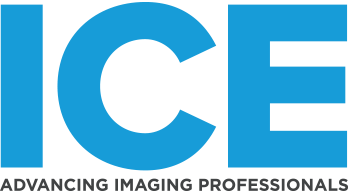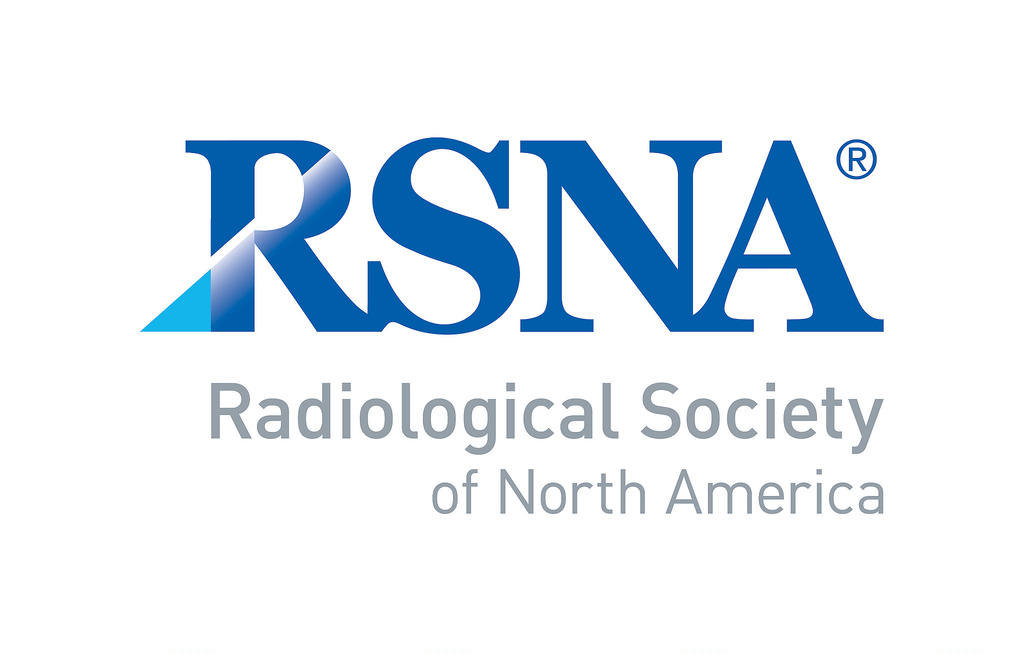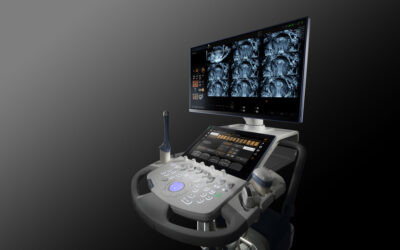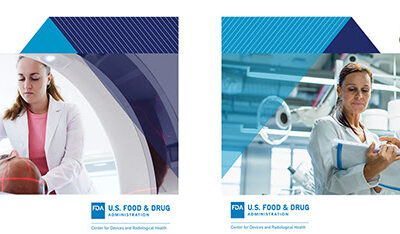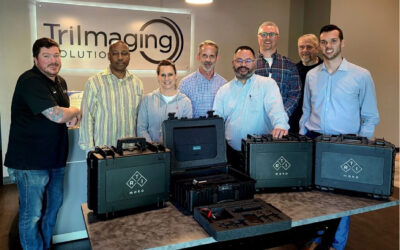As artificial intelligence (AI) becomes increasingly integrated into clinical practice, the Radiological Society of North America (RSNA) is launching its Imaging AI Certificate program to deliver a pathway for radiologists to understand and learn how to apply AI to their radiology practices. The program will launch in Fall 2021.
The RSNA Imaging AI Certificate program offers a convenient and structured online curriculum designed to help radiologists understand how to incorporate AI into their daily practice, especially to assist with diagnostic radiology and workflow efficiency. Customized to meet radiologists wherever they are in their AI knowledge, the RSNA Imaging AI Certificate will help radiologists learn, practice and continually refresh their AI skills.
“We are at a pivotal time in the progression of radiology,” said Matthew B. Morgan, M.D., course director and associate professor and director of informatics and quality improvement in breast imaging at the University of Utah in Salt Lake City. “For the first time, we have AI that can ‘look’ for findings in the images and maybe more importantly, ‘see’ beyond what we can see to process and recognize patterns in quantitative data that is beyond human ability. This is where some of the most exciting advancements may come.”
Through the RSNA Imaging AI Certificate program, radiologists will complete a curriculum of foundational-level AI education via self-paced, on-demand videos, allowing participants to learn as their schedule allows. Case-based modules will provide hands-on experience making diagnosis decisions and balancing workload with AI assistance. Radiologists won’t just “watch” how AI is integrated into a clinical setting but will use AI algorithms in realistic and interactive ways designed to demonstrate how AI is relevant to their clinical practice.
“The RSNA Imaging AI Certificate will be quite impactful for all radiologists, especially those who want to be more involved with the implementation of AI algorithms in their clinical practices,” said Linda Moy, M.D., course director and professor of radiology at the NYU Grossman School of Medicine in New York City. “The certificate will provide radiologists with an understanding of how to evaluate the usefulness and accuracy of AI algorithms and allow them to develop realistic expectations of how AI software may change their clinical workflow.”
The RSNA Imaging AI Certificate program offers a unique radiologist-centered approach, which makes the RSNA program unlike any other AI course.
“The content is focused toward the mainstream radiologist, and the modules will be focused on the activities at which radiologists excel, such as imaging annotation and clinical evaluation of AI models,” said George Shih, M.D., course director, associate professor of clinical radiology at Weill Cornell Medicine and vice chair for informatics in Weill Cornell’s Department of Radiology. “While a general understanding of how algorithms are built and programmed will be included, the AI algorithm itself is not the main focus of the curriculum. Instead, we’ll focus on how the data and its annotations affect the AI algorithm and how the AI performs clinically after training a neural network — all things that radiologists do better than computer scientists.”
According to Moy, the value of this program is in its ability to help radiologists integrate AI as part of their role both now and in the future.
“There is significant value in obtaining the RSNA Imaging AI Certificate from a hiring, promotional and job security perspective, as well as leveraging this knowledge to provide more value and better patient care in their practices,” she said.
Following course completion, participants will receive an RSNA Imaging AI Certificate demonstrating the ability to understand AI algorithm development and to illustrate issues with AI algorithms within clinical practice. RSNA will offer continued education including additional coursework and a pathway toward additional certificates.
For more information, visit RSNA.org/AI-certificate.
